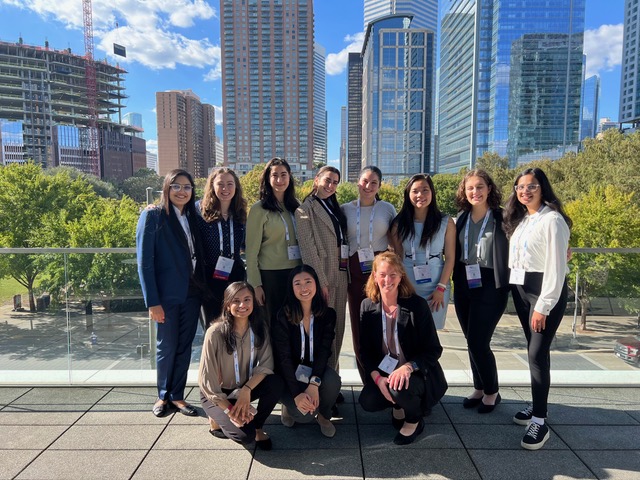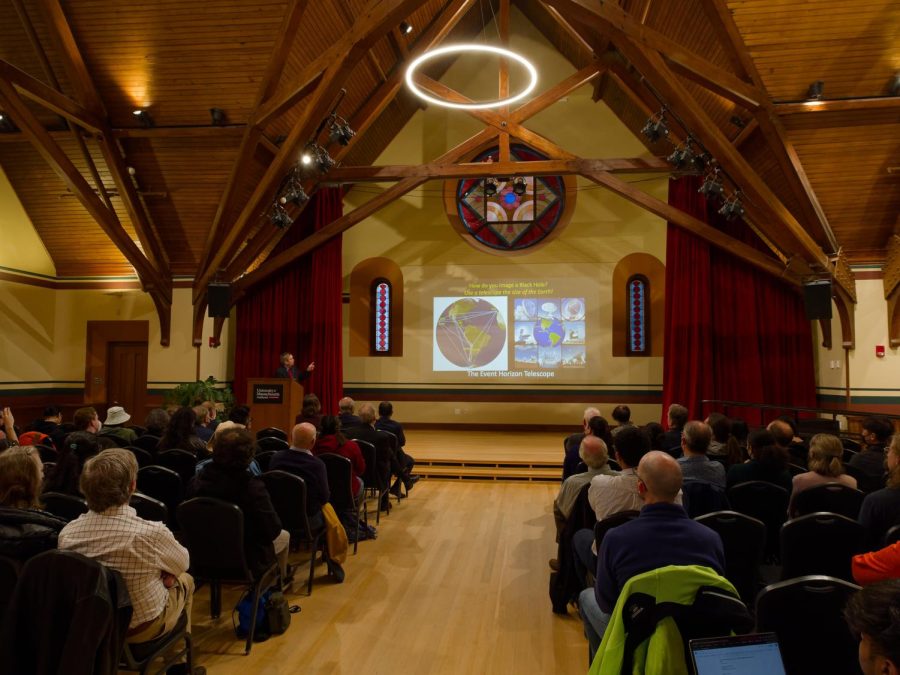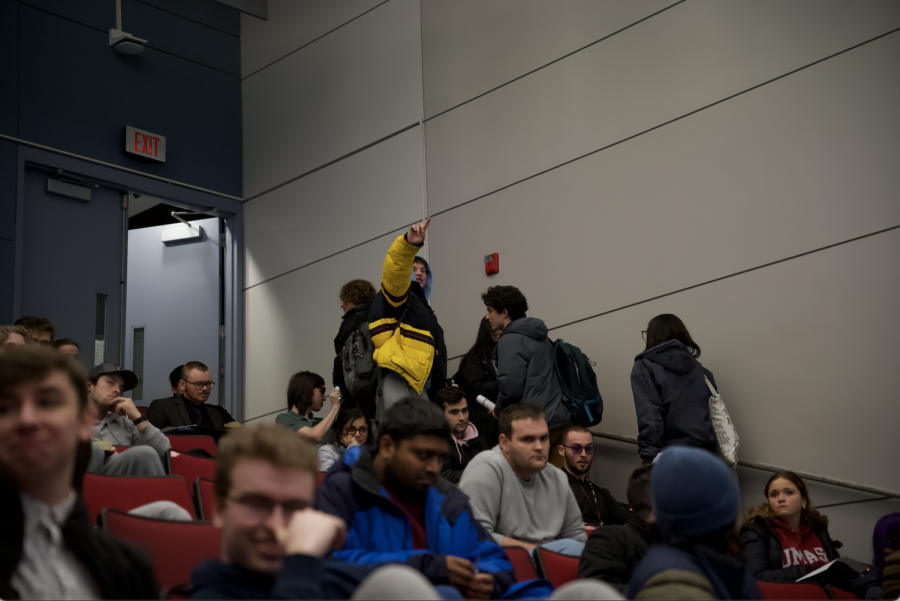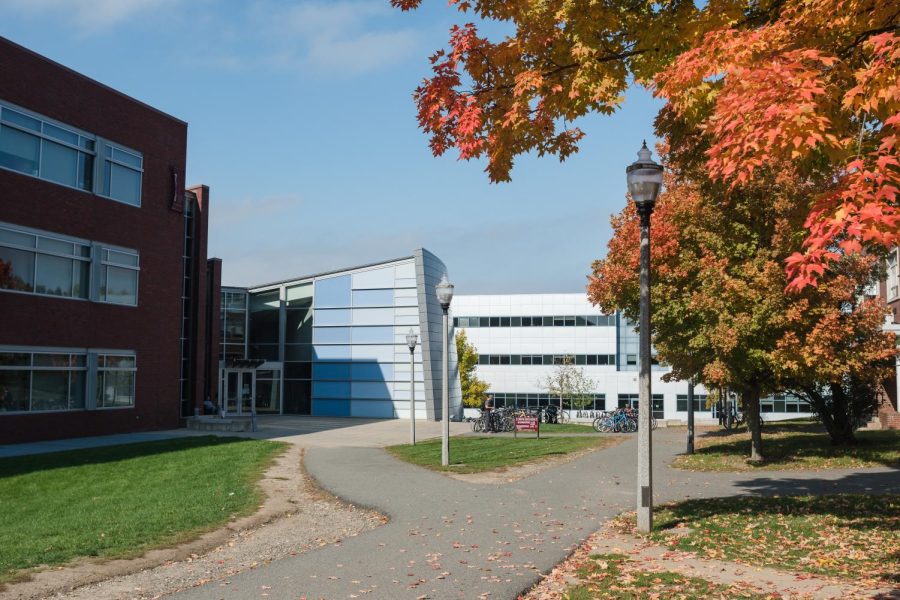Governor Deval Patrick and the Massachusetts Life Sciences Center (MLSC) announced this past June that the University of Massachusetts received a $95 million grant to fund life sciences projects and research at the university.
Another $5.5 million will go toward the Pioneer Valley Life Sciences Institute, a joint venture of UMass and Baystate Medical Center, bringing the total amount of grants to $100.5 million. This is a part of Patrick’s 10-year, $1 billion plan for using innovation centers to create economic development in Massachusetts and is one of the largest capital grants ever given to UMass.
Aside from funding the equipment of the newly built $157 million Life Sciences Laboratories, the grant will also fund the creation of three new research centers within the laboratory. The first center will focus on personal health monitoring. This center will develop nanotechnology in the form of bio-sensors to monitor patient data in real time, which will allow a patient’s body to transmit data on a constant basis to a monitoring point, offering consistent updates of patient health.
In many cases, people may either ignore a health problem or not sense that something is wrong, and by the time it is caught it may be too late. These bio-sensors would correspond with biomarkers within the body, indicating warning signs if any appear.
“It’s prevention, early intervention, and overall maintenance,” said Dr. Susan Windham-Bannister, President and CEO of the Massachusetts Life Sciences Center.
Not only would this technology help people manage their own health, but it compiles long term data of known diseases, accruing valuable research while potentially lowering health care costs.
The second planned center will focus on bioactive delivery. This center will discover agricultural options for pharmaceuticals, designing all-natural formulas for food products, and researching “nutriceutical” compounds – a type of agent with nutritional value as well as a positive effect on biologic function. The ultimate goal is to discover new, sustainable ways to fight infections.
At the final planned center, the focus will be on models to medicine, which is where students and faculty will translate protein research into new therapeutic targets. Research over the past 10 years suggests that several current diseases, including cancer and Alzheimer’s, could be derived from protein dysfunctions. Drugs could be used to modify proteins, aimed at inducing a beneficial, biological effect.
The industry of Western Massachusetts is featured in these projects, particularly the bio-sensors that can pick up and transmit signals while functioning within the body. According to Windham-Bannister, these planned centers are being developed with the “very strong competencies of Western Massachusetts” in mind, including the capabilities of advanced manufacturing, nanotechnology, polymers and agriculture home to the region.
The grant also drew attention to Western Massachusetts businesses, hoping to ultimately find ways to leverage the different regions of the state that promote economic development.
“This is very much an opportunity for Western Massachusetts to become a much more significant player too in a growing and important sector in the economy, a sector that can improve people’s health and well-being,” said Ed Blaguszewski, Executive Director of News and Media Relations at UMass.
During a five-month study, UMass faculty members worked to find how this grant might benefit both students and local industry. The University planned to use this money to accelerate the pace of this “cutting edge” science out into the market place, especially in terms of products and jobs in the life sciences.
“We think it is incumbent upon us right now to keep up with the demand for workers in the life sciences.” said Windham-Bannister, who also named Massachusetts as the premier job-creator in this field, faster than any other state in the country.
Research funded by this grant will offer students the opportunity to gain technical skills and first hand experiences with researchers, making them more competent workers for prospective employers and inspiring economic growth in the region.
“This is a wonderful convergence of manufacturing, design, communications, and life sciences,” Windham-Bannister said. She said some companies have already expressed interest.
This grant not only affects research and business, but the UMass student body as a whole, as it requires a combination of many different disciplines working together to create new solutions in life sciences.
“The fact that we have been selected to play a leading role in some very important research in the state, and the country, speaks great measures of the quality of the work that faculty and students are doing,” Blaguszewski said.
Allison Ludtke can be reached at [email protected].


















